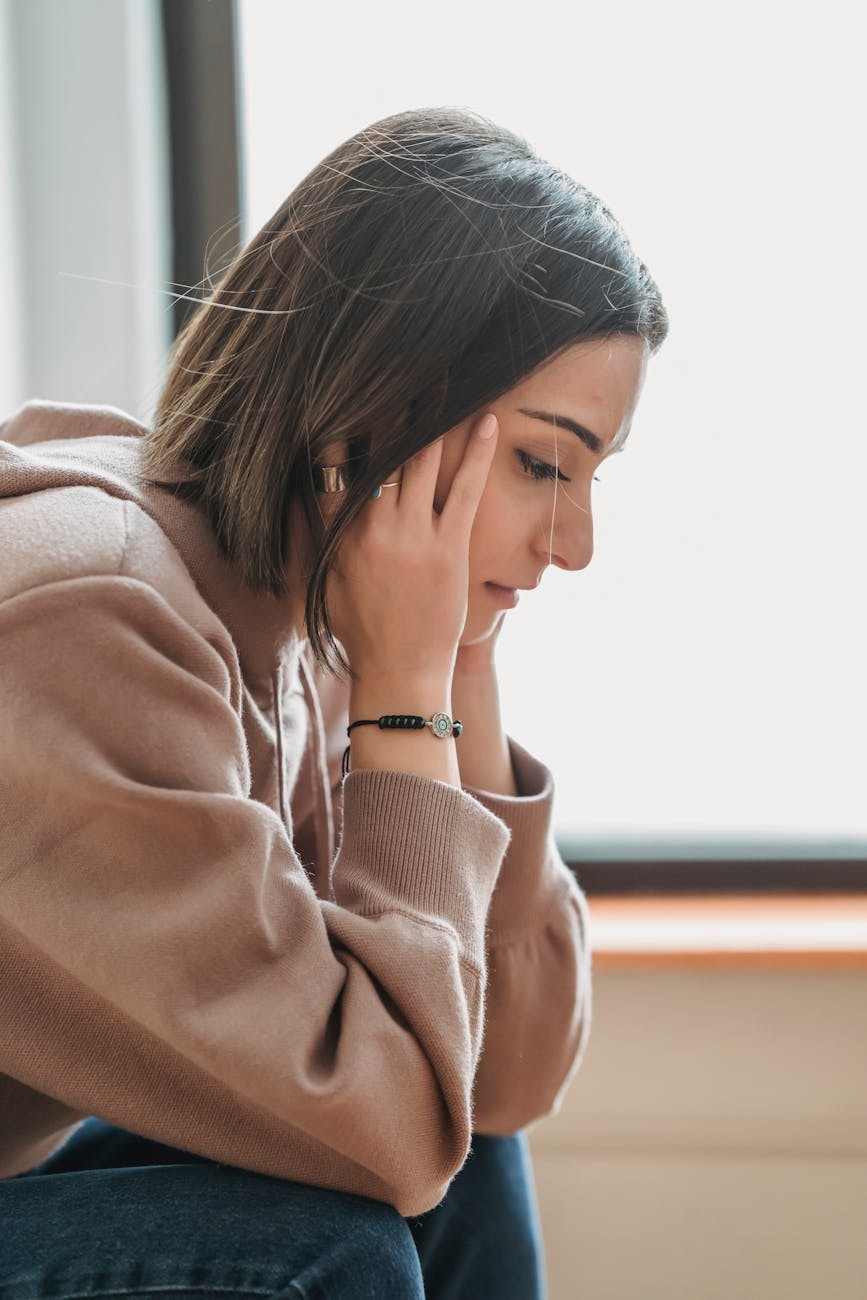It’s normal to experience anxiety from time to time, such as before a big test or when you’re searching for a new job. Everyone will experience anxiety in their life. However, many people in this country have an anxiety disorder, which means that they experience anxiety that goes above and beyond what is considered normal. People with anxiety disorders have difficulty functioning in their daily lives due to intrusive, anxious thoughts. If you feel like you are experiencing a level of anxiety that is disruptive, it’s important to seek professional help.
Anxiety is an umbrella term for several different types of mental disorders. If you suspect that you may have an anxiety disorder, read on for information about each specific type to see if you identify with any of the symptoms.
Generalized Anxiety Disorder
The most common anxiety disorder is called generalized anxiety disorder, or GAD. There are tens of millions of people with GAD across the globe. GAD is characterized by a persistent worried state paired with physical tension in the body that can’t be explained by another medical cause. If you are always feeling nervous, worried, or stressed and it is impacting how you function in your daily life, you may have generalized anxiety disorder.
Common symptoms of GAD include:
- Restlessness
- Irritation
- Persistent, obsessive worried thoughts
- Difficulty concentrating
- Chronic fatigue
- Muscle tension
- Headaches
- Chest pain and rapid heartbeat
- Excessive sweating and trembling
These symptoms do not go away, like with normal anxiety, but are persistent and unavoidable. If you can relate to this description, it is worth talking to a therapist about GAD.
Panic Disorder
Panic disorder is different than GAD. It is characterized by panic as opposed to anxiety. While you may feel “panicked” if you are in a dangerous, life-threatening situation, people with panic disorder have feelings of impending doom and mental and physical symptoms that can be so severe that they may even land them in the hospital.
People with panic disorder experience both panic attacks and an extreme fear of having panic attacks. A panic attack involves a variety of mental and physical symptoms, such as:
Physical
- Heart palpitations or irregular heartbeat
- Excessive sweating
- Numbness, weakness, or tingling
- The feeling of being outside of yourself (depersonalization)
- Difficulty breathing
- Dizziness/lightheadedness
- Stomach pain/digestive symptoms
- Chest pain
- Mental
- A feeling of impending doom
- Extreme anxiety, especially about your health
- Helpless feelings
It is common for the physical symptoms of a panic attack to manifest before the mental symptoms, which is why people often become concerned that they are having a heart attack or something comparable. Panic attacks are difficult to predict because it is possible for them to be triggered by nothing in particular. They are also commonly caused by stress.
If you are experiencing panic attacks, it’s important to promptly seek help. One of the most important tools for stopping panic attacks is learning techniques for controlling them. An interesting aspect of panic disorder is that one may have it without actually experiencing panic attacks; obsessive anxiety about the possibility of a panic attack can also lead to a panic disorder diagnosis.
Social Phobia
Social phobia, also known as social anxiety, is characterized by an extreme fear of social situations. Everyone feels some social anxiety at some point in their lives. You might feel shy or uncomfortable about public speaking, for example. This is different than social phobia. People with social phobia have an intense reaction to socialization or public speaking that is so severe that it is disruptive to their lives. Any public situation is distressing to someone with social phobia, often because they live with a persistent fear of being judged. They may be very fixated on avoiding doing something that would cause them embarrassment. People with social phobia will often avoid social situations at all costs.
Some common symptoms of social phobia include:
- Feelings of hopelessness or worthlessness around new people
- Obsessive thoughts about being judged or watched
- Difficulty coping with overwhelming anxiety about any social situation
- Intense need to avoid meeting new people or speak publicly
- Avoiding social situations entirely
- Anxiety at even the thought of a social situation
In our next blog, we will continue to cover the different types of anxiety disorders. In the meantime, if you believe that you could benefit from anxiety treatment in Parker, contact Counseling Services of Parker today!


